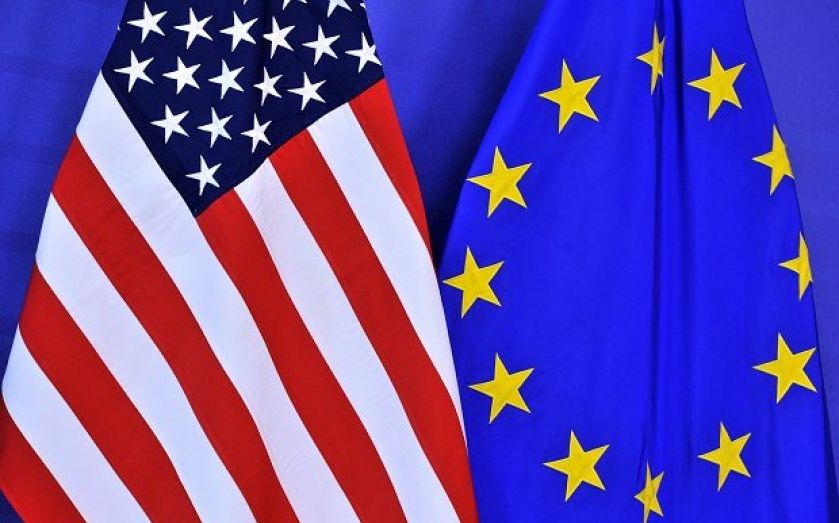TTIP: David Cameron says EU-US free trade deal set for “rocket boost” after G20 summit and calls opposition arguments weak

Prime Minister David Cameron has hailed successful talks between countries of the EU and the US to speed up trade deal negotiations at the G20 summit.
Countries have promised to put “rocket boosters” under the Transatlantic Trade and Investment Partnership (TTIP) which Cameron said would add £10bn to the UK economy and create jobs.
“This is good for Britain, good for jobs, good for growth, good for British families,” said Cameron at the meeting of world leaders in Brisbane.
“We had a positive meeting where everyone agreed this is a deal we all want to do. It’s a part of the European Commission's mandate and I think there is a sense theses deals only work if you get on with the negotiation and start making agreements because otherwise people who, for whatever reasons oppose the agreements, start gaining traction,” he added.
Addressing opposition to the TTIP deal, which has caused concern among NGOs and Unions, he said: “We’ve signed trade deal after trade deal and its never been a problem in the past,” and called arguments against the deal "weak".
…we have to take on these arguments. I think they’re very weak. There are people who argue in some way this could damage the NHS. I think that is nonsense. It’s our National Health Service, it’s in the public sector, it will stay in the public sector, that’s not going to change. It will remain free at the point of use. There’s no threat, I believe, from TTIP to the NHS and we should just knock that on the head as an empty threat.
I think we need to make two arguments for TTIP, maybe in a more clear way. One is a classic free trade argument for growth and jobs and investment. Britain is a trading nation its how we made our way in the past, it's how we’ll make our way in the future. the opportunities for Britain of trading more with the US are clear and there for all to see.
But there’s a second argument, which perhaps will appeal more, to some of those who are nervous about the deals, which is, look, if Europe and America can make this agreement, an agreement which will actually deal with a lot of things like environmental standards and food standards and other standards, then actually you’re going to have two organisations, the EU on the one hand and the US on the other, that have an interest in decent and robust standards rather than standards being set by countries making ad-hoc deals with other countries in the world and not having those standards in place.
I'm hopeful of progress, I sensed an enthusiasm from both the other European countries in the room and also from the President of the US to get on and do this
Commitment to the deal negotiations between the countries of the EU and the US were reaffirmed at the Summit. An EU statement said: “We remain committed, as we were when we launched these negotiations in June 2013, to build upon the strong foundation of our six decades of economic partnership to promote stronger, sustainable and balanced growth, to support the creation of more jobs on both sides of the Atlantic and to increase our international competitiveness… We commend the work of the negotiators over the last 16 months, and direct them to make all possible progress over the coming year.”
Negotiations between the countries have been painfully slow, with the seventh round of talks taking place in Washington at the end of Septemeber and beginning of October.